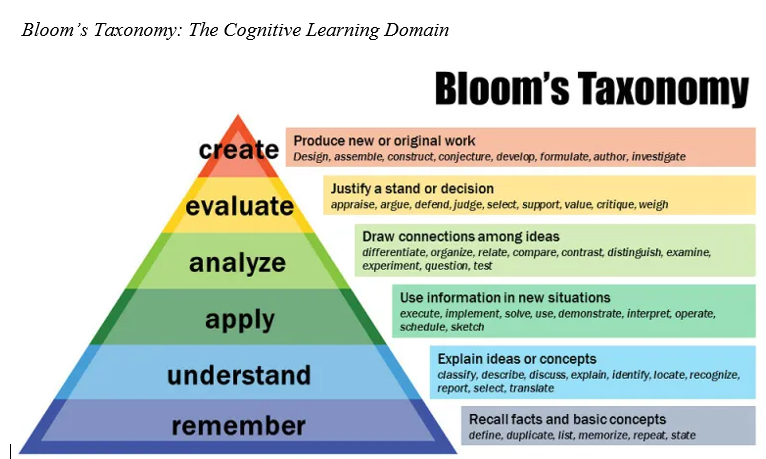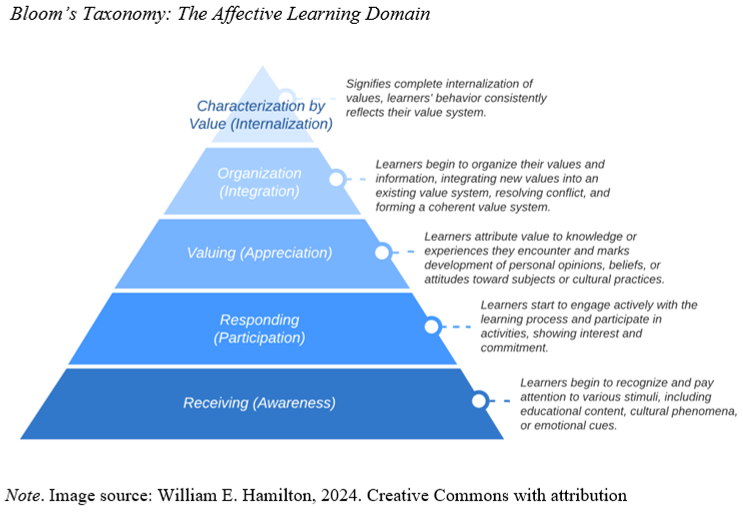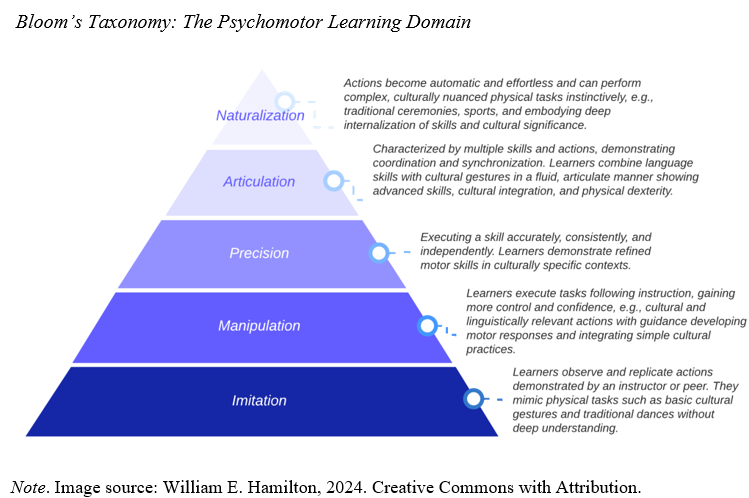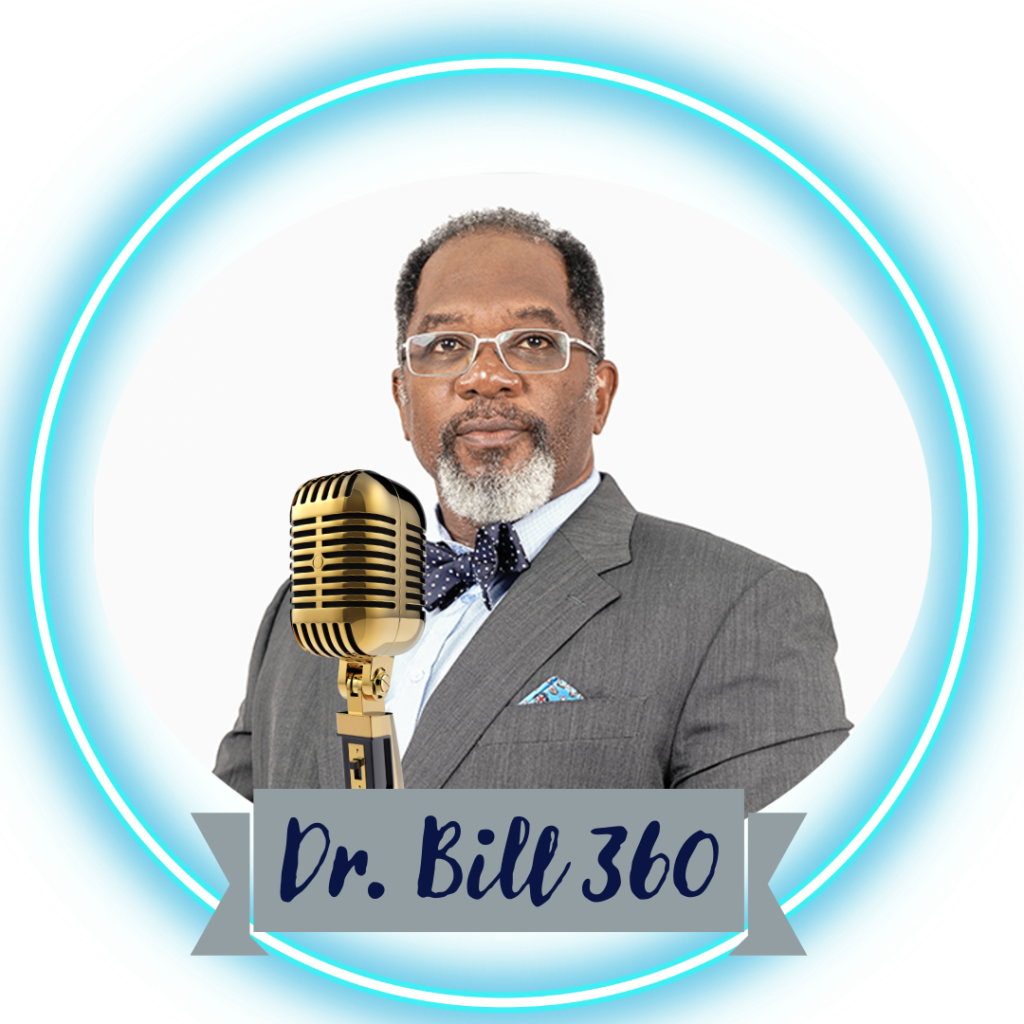Discussions on Intercultural Competence, IDI, IDPs, and PhD Dissertation
Welcome to Episode 2 of Dr. Bill 360!

In this episode, Dr. Bill delves into the transformative power of cultural awareness and sensitivity. Whether you’re a business leader, educator, or professional seeking to enhance your intercultural competence, this episode offers valuable insights and practical advice. I also did a deep dive on the Intercultural Development Inventory (IDI) and the Intercultural Development Plans (IDP) could potential help in creating Intercultural Capability. Last, I brought it altogether and discussed how Intercultural Competence and assessment were used with English as a Foreign Language and other English online English teachers to understand their perceptions of the assessment on their teaching practices.
Key Highlights from Episode 2:
1. The Basics of Cultural Awareness and Sensitivity Dr. Bill starts with the fundamentals, explaining what cultural awareness and sensitivity mean and why they are crucial in today’s interconnected world. He shares real-life examples and discusses how understanding cultural differences can enhance both personal and professional relationships.
2. The Intercultural Development Inventory (IDI) Learn about the IDI, a powerful assessment tool that measures your intercultural competence. Dr. Bill explains how the IDI works and how it helps individuals and organizations improve their cultural interactions. He also discusses the transition from cultural competence to intercultural capability, emphasizing its importance for operational agility and strategic resilience. I would love to hear your views on this topic!
3. Culturally Responsive Teaching Practices Dr. Bill shares insights from his dissertation, focusing on how English as a Foreign Language (EFL) teachers use intercultural competence tests to inform their teaching practices. He highlights the benefits of culturally responsive teaching, such as enhanced student engagement and learning outcomes. This segment underscores the importance of preparing students to be thoughtful, empathetic global citizens.
He also goes into some of the mechanics of what goes into the making of a dissertation, e.g., what makes a good problem, research question, and process from interview to analysis, discussion, and interpretation of results. I know you will love this section because you probably won’t hear what he’s going to share about what makes a good dissertation. He tells more than a few stories along the way as he loves storytelling!
Why This Episode Matters

In today’s globalized world, cultural awareness and sensitivity are more important than ever for personal and professional success. Episode 2 of Dr. Bill 360 dives deep into these essential skills, offering valuable insights and practical advice. By understanding and applying these concepts, you can enhance your professional growth, educational impact, and ability to foster global citizenship.
- Professional Growth: Gain practical tips to improve your intercultural interactions, capability, and build stronger, more inclusive teams.
- Educational Impact: Understand how culturally responsive teaching can create supportive learning environments that respect and value student diversity. Remember, what gets measured, gets assessed!
- Global Citizenship: Learn how to foster global citizenship in your personal and professional life, ensuring you are equipped to navigate and thrive in a diverse world. Without a culturally responsive and inclusive learning environment in which to share learners’ real-world needs and concerns– growth and effective global citizenry are shaky at best. The world needs more global citizens as we’re consuming it at about 2.5 planets, far more than what’s sustainable (see the Living Planet 2022).
Understanding Learning Objectives and Their Importance
Learning Objectives: Learning objectives are clear, specific statements that outline what learners are expected to know, understand, or be able to do after completing a training session or course. They are essential for guiding the design, delivery, and assessment of educational experiences.
Connection to Bloom’s Taxonomy: Bloom’s Taxonomy categorizes learning objectives into three domains and should be used in full for more effective learning objectives using the scheme of ABCDs (audience, behavior, criteria, and degree) discussed later in this post:

- Cognitive (Knowledge): Involves mental skills and the acquisition of knowledge. t includes processes such as remembering, understanding, applying, analyzing, evaluating, and creating information.
- Affective (Attitudes): Involves feelings, emotions, and attitudes.
- Psychomotor (Skills): Involves physical skills and the ability to perform tasks.
Each domain plays a crucial role in creating comprehensive learning experiences that address different aspects of learner development.
The affective domain encompasses feelings, emotions, and attitudes. It deals with how individuals develop their values, motivations, and attitudes, and includes levels such as receiving, responding, valuing, organizing, and characterizing.

The psychomotor domain involves physical skills and the ability to perform tasks. It focuses on developing motor skills, coordination, and physical movement, including abilities such as perception, readiness, guided response, mechanism, complex overt response, adaptation, and origination.

Using the ABCD Model to Create Effective Learning Objectives
The ABCD model provides a structured approach to writing clear and measurable learning objectives that can be measured, assessed, and evaluation for impact and return on investment. Each component of the ABCD model ensures that the objectives are specific and actionable:
- A (Audience): Who are the learners? Specify the target audience for the learning objective.
- B (Behavior): What should the learners be able to do? Describe the observable and measurable behavior they should exhibit.
- C (Condition): Under what circumstances or criteria will the learning occur? Outline the conditions under which the learners will perform the behavior.
- D (Degree): To what extent should the behavior be performed? Define the criteria for acceptable performance.
Example:
- Cognitive Domain: By the end of the training session, the (Audience) learners will be able to (Behavior) identify and explain three key strategies for intercultural communication (Condition) using case studies provided in the course materials (Degree) with 90% accuracy.
- Affective Domain: After participating in the workshop, the (Audience) participants will demonstrate a positive attitude towards cultural diversity (Behavior) by actively engaging in group discussions and respecting different viewpoints (Condition) during all sessions (Degree) as observed by the facilitator.
- Psychomotor Domain: Upon completion of the training, the (Audience) trainees will be able to (Behavior) perform a culturally appropriate greeting (Condition) in a role-playing scenario (Degree) without any prompts or errors.
Why Learning Objectives Matter:

- Guidance: Learning objectives provide clear direction for both instructors and learners, ensuring that everyone understands the expected outcomes. Without clear objectives, it would difficult or impossible to evaluate the impact of the learning or training.
- Assessment: They offer a basis for evaluating learner progress and the effectiveness of the instructional design. The is crucial for planned strategic objectives and vision of the organization for business impact!
- Motivation: Well-defined objectives help learners understand the purpose and relevance of the training, increasing their motivation and engagement.
Watch and Learn
Don’t miss out on these transformative insights! Watch Episode 2 of Dr. Bill 360 now:
For more in-depth content and resources, visit our blog and explore how you can apply these concepts to enhance your professional skills and understanding.
Join the Conversation
We’d love to hear your thoughts on this episode. Share your experiences and insights in the comments below or connect with us on social media using #DrBill360.

Conclusion
Every episode of Dr. Bill 360 is designed to provide you with actionable insights and strategies to transform your professional skills. Stay tuned for more episodes where we explore the intersections of organizational development, leadership, and cultural competence.

Very interesting subject, appreciate it for posting.
I like this web blog it’s a master piece! Glad I discovered this.